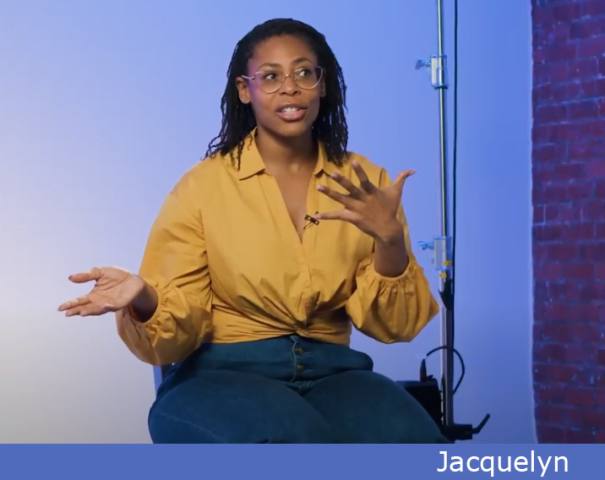
Compulsive Spender? Blame Your Parents
There’s a bright line between an impulse purchase and compulsive spending.
When something new catches her eye, the impulsive buyer snaps it up and enjoys the splurge. There is no such enjoyment for the compulsive buyer. The act of buying temporarily alleviates her anxiety but she inevitably feels guilt or regret.
A new study explores the childhood experiences that lie at the root of why some people – women more than men – develop these damaging spending problems, which can lead to enormous debts and derail plans to save for the future.
The specific goal of the study, based on surveying 327 college students, was to shed light on the emotional pathways that can lead to compulsive buying, explained researcher Anil Mathur, a marketing professor at Hofstra University. The experiences the researchers associated with this behavior include disruptive family lives, more controlling parents, and teens who seek out peers to support their spending.
Disruptions such as divorce, the death of a parent, or erratic behavior by a family member create stress, reduce the family’s socioeconomic standing, or impair the quality of communications and family support – all of which seem to cause some people to become compulsive spenders later in life.
The researchers also found a link between compulsive spending and peer communication among teenagers. When teens experience stress due to these family disruptions, or if they don’t get the family support they need, Mathur said that consulting their friends may make them vulnerable to poor spending habits later in life.
“Peer communication becomes a strong factor in their buying,” he said.
How an individual was treated by her parents also matters. Young adults whose parents valued their opinions as children were less likely to engage in compulsive buying. Individuals were more likely to be compulsive spenders if their parents’ communicated to their children that “their ideas were correct, and you shouldn’t question them.”
“If you’re less independent and you’re not allowed to make decisions on your own, you may become more compulsive,” Mathur said.
There’s not always a direct line from a single childhood experience to an adult behavior. But negative experiences accumulated during one’s formative years can add up to serious financial problems.






